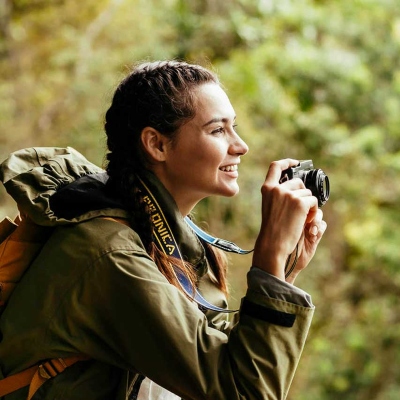Visa Requirements
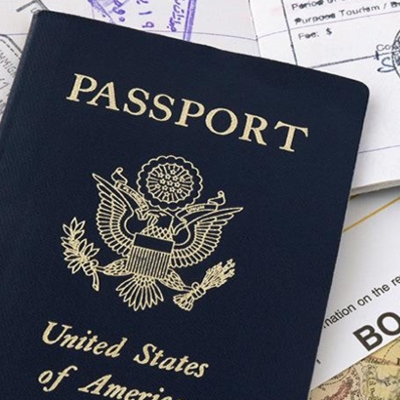
Citizens of all countries are allowed to get visa upon arrival without prior application. Citizens of country members to the African Union, Commonwealth and La Francophonie can get free visas upon arrival in Rwanda for a visit of 30 days. A citizen of East African Community Member States can receive a pass/entry visa free of charge upon arrival for a six-month stay in
Rwanda. Visitors from the following countries can be granted 90-day visas at no cost upon arrival in Rwanda: Angola, Benin, Central African Republic, Chad, Cote d’Ivoire, The Federation of Saint Christopher and Nevis, Ghana, Guinea, Indonesia, Haiti, Mauritius, Philippines, Senegal, Seychelles, Sierra Leone, Sao Tome and Principe, Singapore and the State of Qatar.
Citizens of countries that are not visa exempt have an option of applying online or at the Rwanda Diplomatic Mission of the country of residence before departure. Those applying online have the option to pay online or upon arrival. There is no single affiliated agent that is authorised to apply for a visa on your behalf. The visa fees must not exceed 50 USD for single entry visa or 70 USD for multiple entry.
For updated information please click: https://www.visitrwanda.com/facts/immigration-visas/
Health Precautions
Much of Rwanda lies at too high an elevation for malaria to be a major concern, but the disease is present and prophylactic drugs are recommended. Travellers should seek professional medical advice on taking anti-malarial medicines and take precautions to avoid mosquito bites, especially between dawn and dusk. Travellers should ensure they are up to date with vaccinations, following the advice of their local healthcare provider, and should consider bringing a small first aid kit. A certificate of yellow-fever vaccination is required. It is advisable not to drink tap water. Bottled mineral water can be bought in all towns – make sure the seal is intact. As a small country, medical help is rarely far away.
For basic treatment most towns of any size have pharmacies with a limited range of medicines, while larger towns have hospitals. King Faisal Hospital in Kigali is the most advanced in Rwanda. In case of medical evacuation, Akagera Aviation operates a helicopter ambulance service within Rwanda in daylight hours, with one military paramedic on call. Please make sure you have adequate medical insurance. Due to the risks of passing on human colds or other illnesses to primates, it is essential that you are in good health if you want to see them. For updated information please click:
https://www.visitrwanda.com/facts/health/
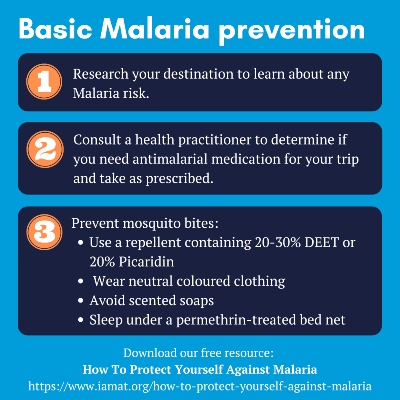
Currency and Payments
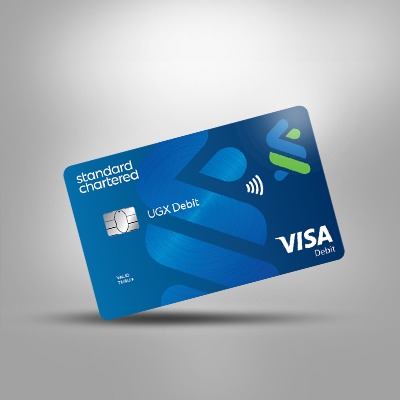
The Rwandan franc (Rwf) is the principal currency, although US dollars are widely accepted. Expect to pay for local services in cash, in Rwandan francs. The greater the amount, the more likely US dollars or other hard currencies are preferred, such as gorilla tracking and upmarket hotels. A growing number of places accept credit and debit cards, with Visa being more widely accepted than Mastercard. It’best to check when making a booking. ATMs can be found in Kigali and nearly all major cities. Cash can be exchanged at banks and private forex bureaux (bureau de change). Both are closed on Sundays and public holidays. It may be impossible to exchange traveller’s cheques away from the capital. Western Union facilities are common.
For updated information please click: https://www.visitrwanda.com/facts/money/
Weather
Fractionally south of the Equator and with much of the country lying at altitude, Rwanda enjoys an agreeable tropical highland climate. Temperatures vary considerably between locations but vary
little from month to month. Peak temperatures rarely exceed 30°C (86°F) in the daytime or drop below 15°C (59°F) at night. Akagera is generally the warmest and the Virunga mountains the coolest. The average daily temperature in Kigali is 21°C (70°F). There are two rainy seasons in a year, from mid-February to May and mid-September to mid-December. The dry season, from June to mid-September, sees light cloud cover and occasional light rainfall. The roads and paths tend to be easier to navigate in this period.
For updated information please click: https://www.visitrwanda.com/facts/weather/
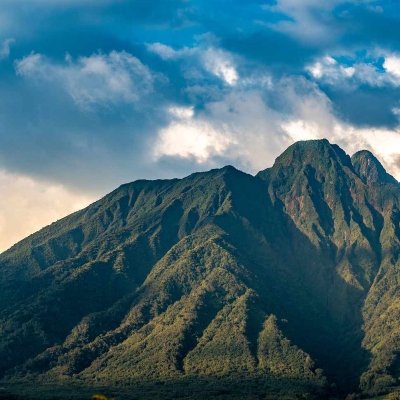
Terrain
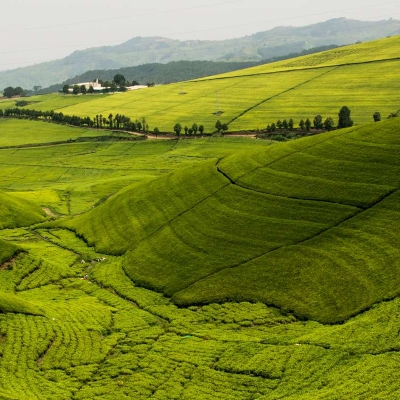
Known as the land of a thousand hills, Rwanda has five volcanoes, 23 lakes and numerous rivers. The country covers 10,169 square miles or 26,338 square kilometres. Much of the country lies at elevations between 1,500m and 2,500m. The highest peak is Mount Karisimbi at 4,507m and the lowest point is the Rusizi river at 950m above sea level. The terrain is often uneven and sensible shoes are essential.
For updated information please click https://www.visitrwanda.com/facts/terrain/
What To Wear
Dress codes are informal yet respectful. Men tend to wear trousers, but shorts are fine, although walking around without a shirt is frowned upon. Women will feel more comfortable in knee-length or longer. Daytime temperatures are generally warm, so bring lots of light clothing and think about sun protection, including a hat and sunglasses. The evenings tend to be cool, and a light sweater
appreciated. In Volcanoes National Park and Nyungwe National Park slightly heavier clothing is useful. A lightweight waterproof jacket may come in handy in the moist mountains. Avoid wearing blue in Akagera National Park, which attracts tse tse flies, and take sensible precautions against mosquitos and other bites. When tracking gorillas, wear sturdier clothing to protect against stinging nettles, and solid walking shoes. Consider bringing gardening or leather gloves as well as gaiters. For those who wear contact lenses, cleaning fluid is not readily available, and dust or sun could prove an irritation, so it’s best to bring a pair of glasses along for peace of mind.
For updated information please click https://www.visitrwanda.com/facts/what-to-wear/
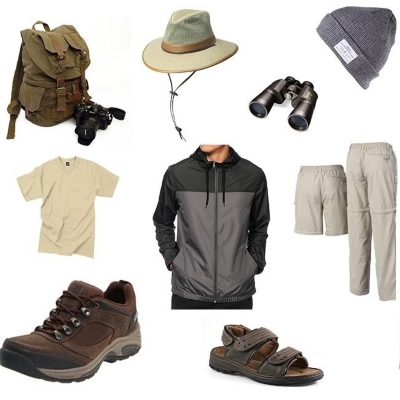
Plastic Ban
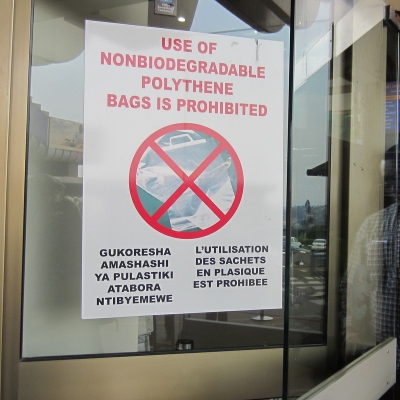
Please refrain from bringing plastic bags to Rwanda. Banned by law since 2008, any plastic bags in your luggage will be confiscated at the airport or other point of entry. As a country we strive to protect, safeguard and promote the environment – a matter which is written in to our constitution
and carefully observed by our citizens, who all participate in a community service called Umuganda on the last Saturday of every month. We respectfully request that all visitors help us keep Rwanda
the cleanest country in Africa and dispose of all litter responsibly.
For updated information please click https://www.visitrwanda.com/facts/plastic-ban/
Language, Taking Photos & Electricity
The official languages of Rwanda are Kinyarwanda, French, and English. English is widely spoken, especially in tourist areas and by those in the hospitality industry. Swahili is also used.
Ask for permission before taking photos of people and be mindful of cultural sensitivities.
The standard voltage in Rwanda is 230V, with Type C and Type J electrical outlets. It’s advisable to bring a universal travel adapter if your devices have different plug types
